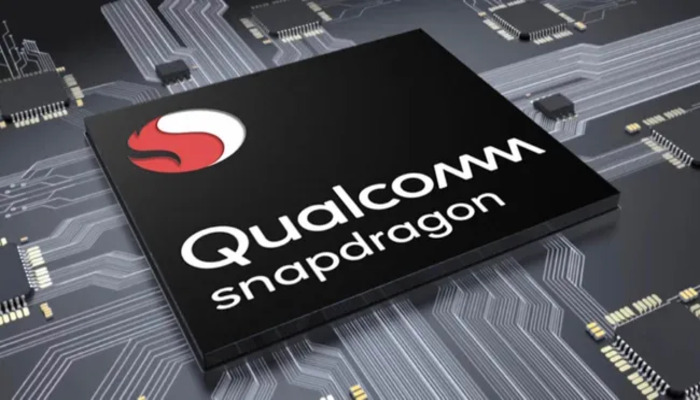
Qualcomm is rumoured to release its Snapdragon 8 Gen 4 chipset later this year. Instead of the 1+3+4 layout seen in the Snapdragon 8 Gen 3, the upcoming chip will reportedly feature a 2+6 design with no utility core.
The last Gen 3 chipset was paired with the Snapdragon X80 5G modem to introduce more CPU and GPU improvements utilising the power of AI to enable ultimate 5G performance, spectrum flexibility, and power.
The Qualcomm Snapdragon 8 Gen 4 chipset may have higher power requirements with high-density battery core materials, which means the upcoming Android smartphones have to increase their battery capacities.
The customary battery life of a smartphone varies to 11.5 hours, with the longest lasting coming close to 19 hours. Samsung's Galaxy S series has seen significant improvements in battery life over the years.
The Galaxy S22's battery life was 7 hours 52 minutes, while the Galaxy S23 and S24 saw significant increases to 10 hours 27 minutes and 13 hours 28 minutes, respectively.
Despite only an 8% increase in battery size, battery life improved by 68%, indicating that factors such as chip performance played a significant role. The new chipset's power requirements are rumoured to reach 5,500 mAh.
However, these challenges can motivate manufacturers to introduce more advanced smartphone cooling systems to maintain performance gains.
The upcoming Snapdragon 8 Gen chipset could use more power, which could reverse the phone's progress in performance and battery life. More likely, the chip will use a more efficient 3nm process. This is concerning, as it will affect the performance and speed of the phone instead of producing more heat, resulting in damaging the phone.
















